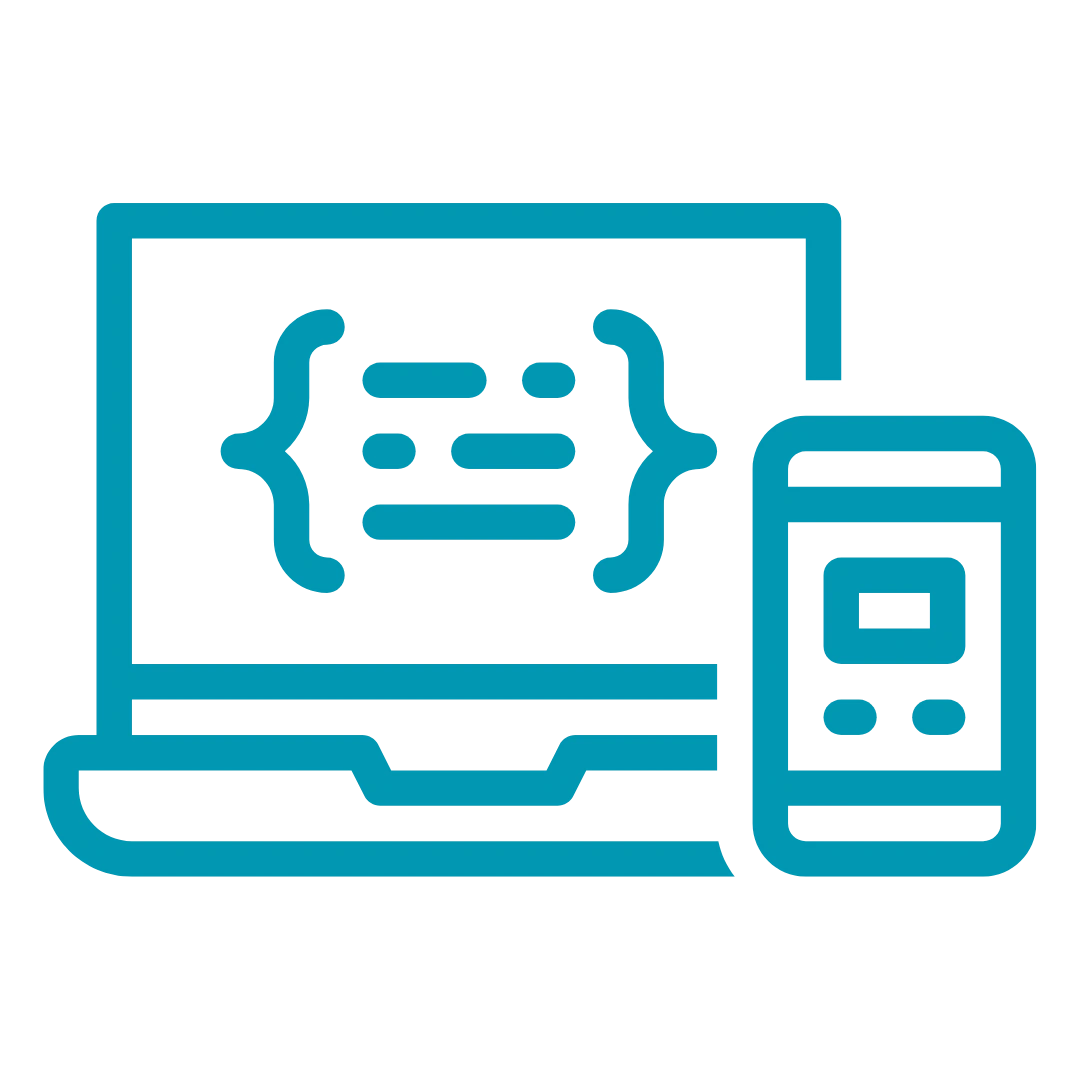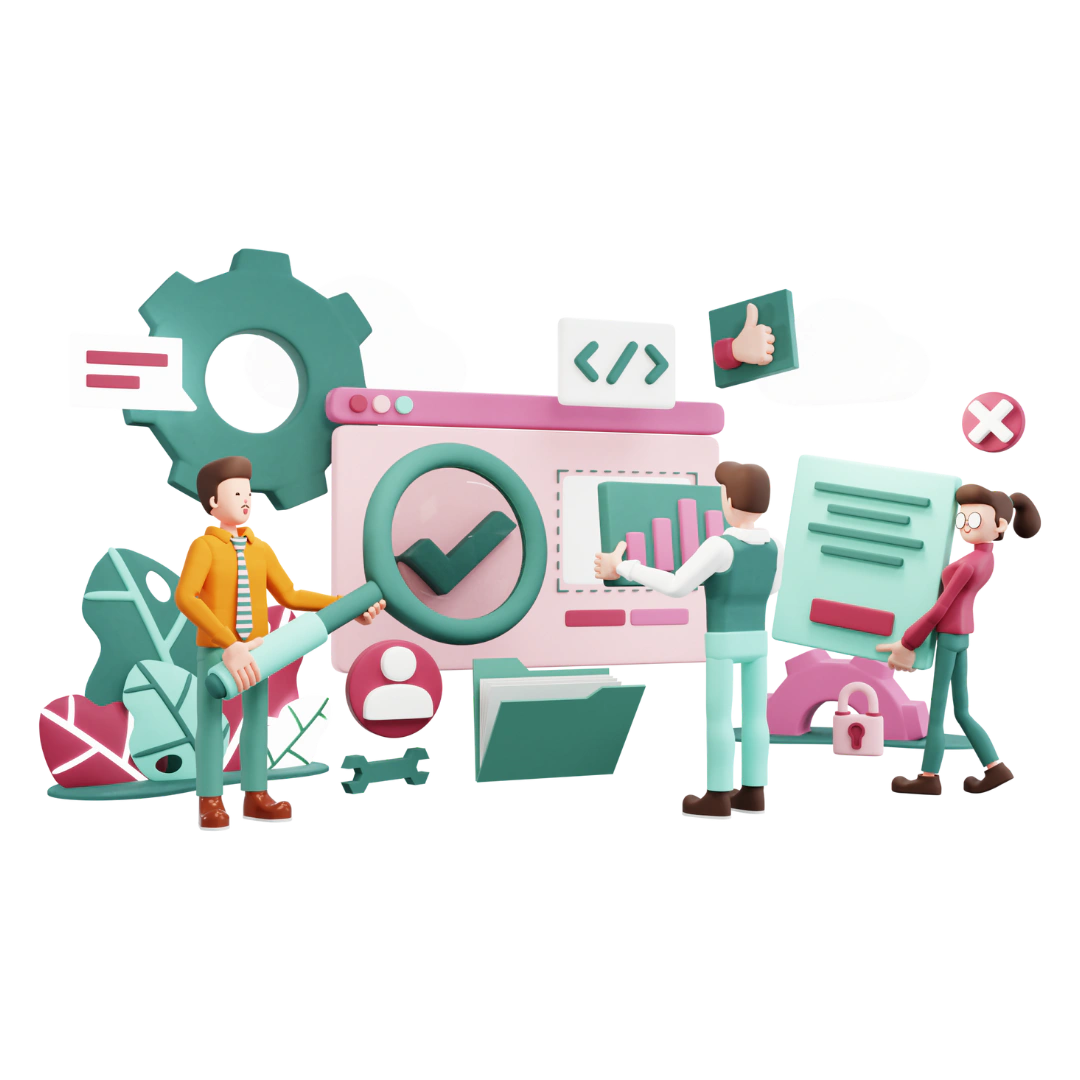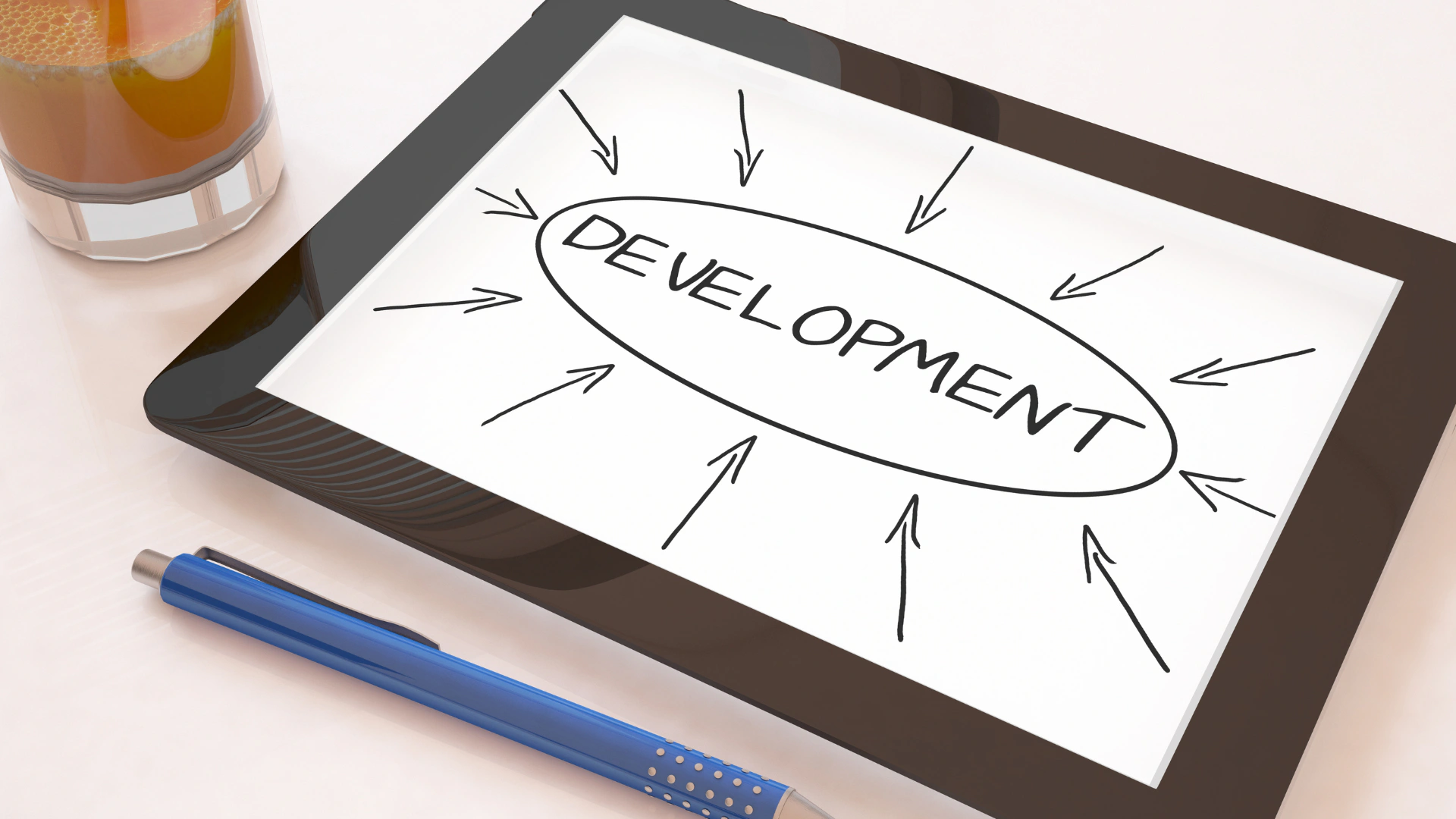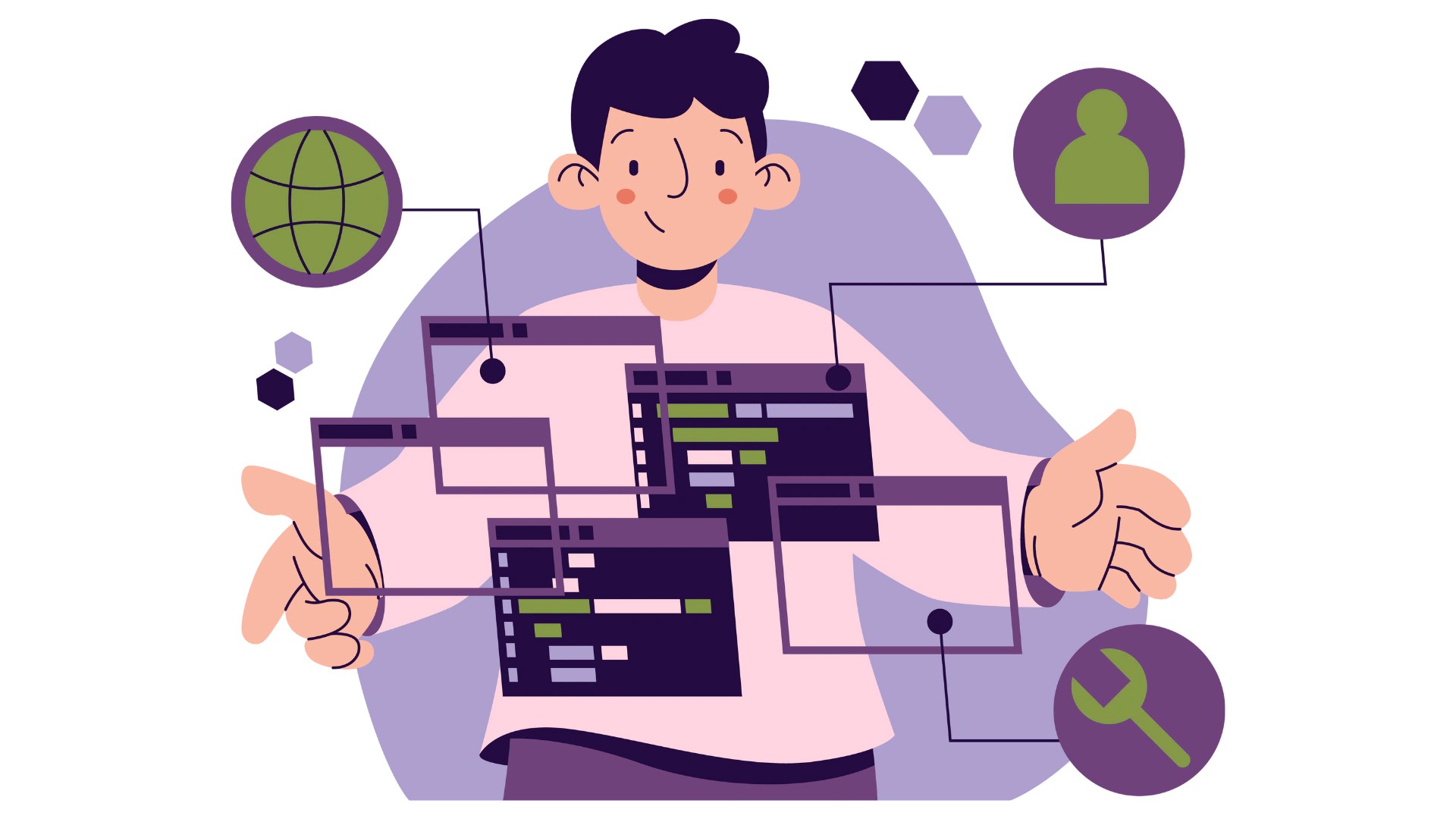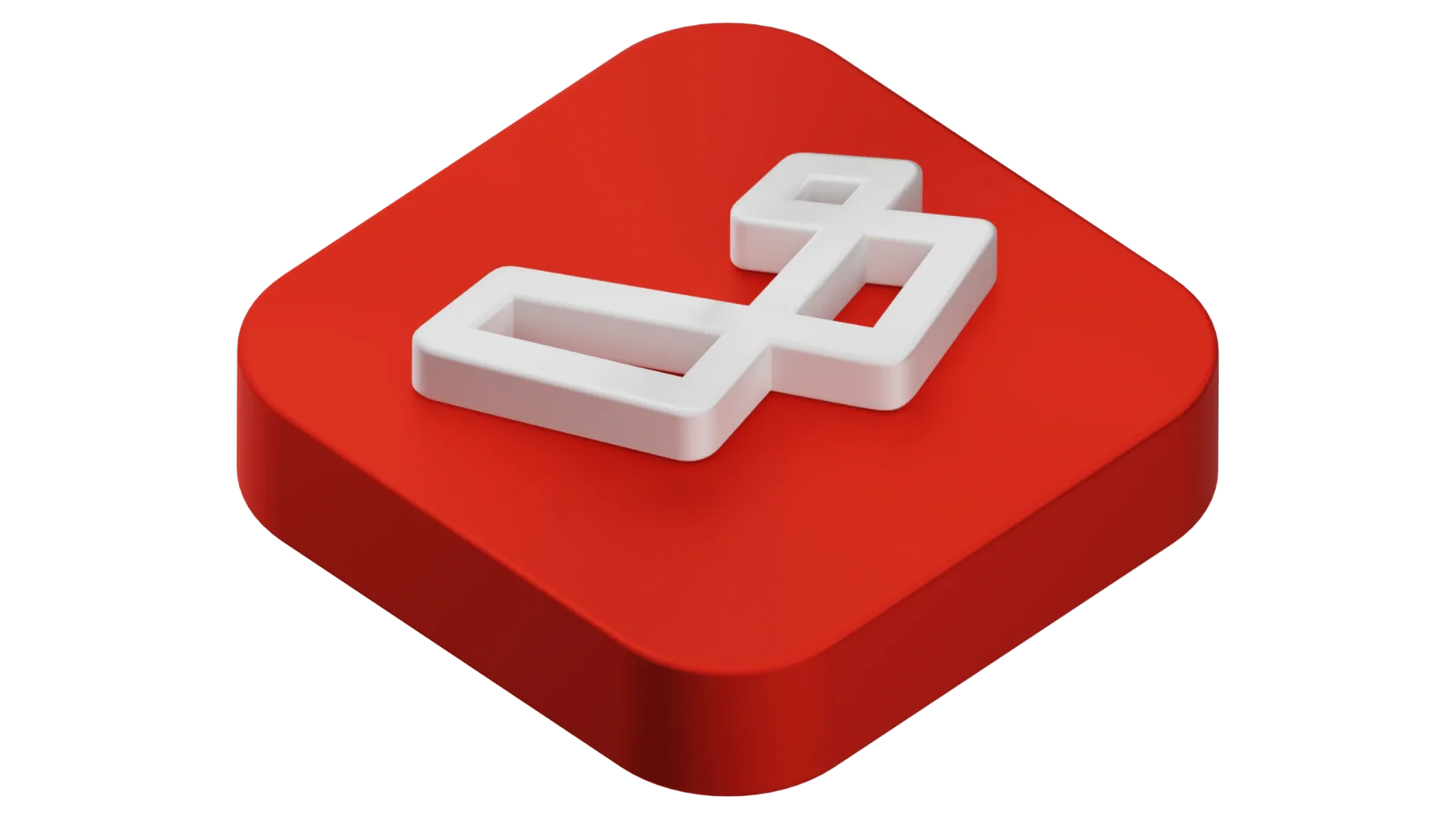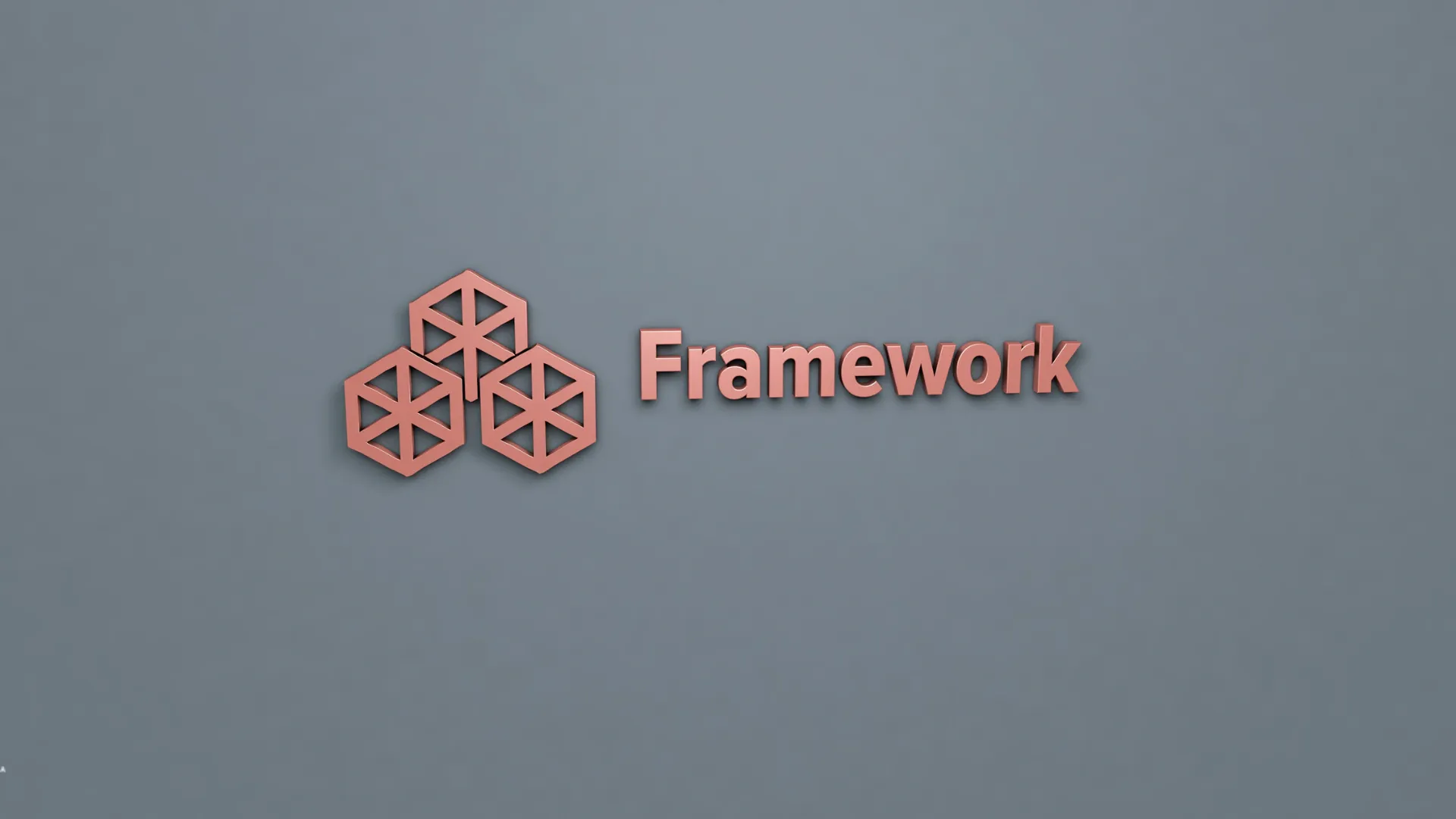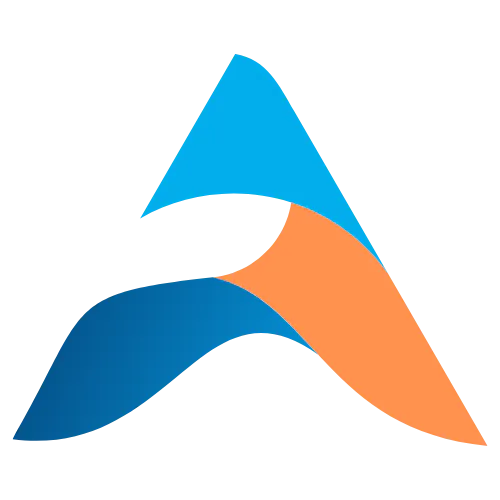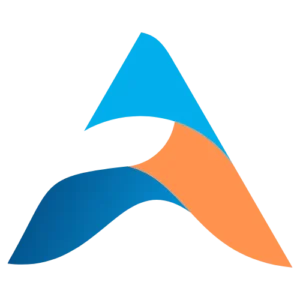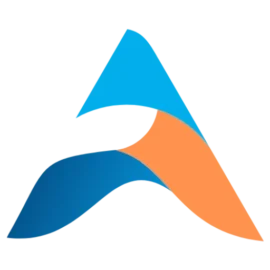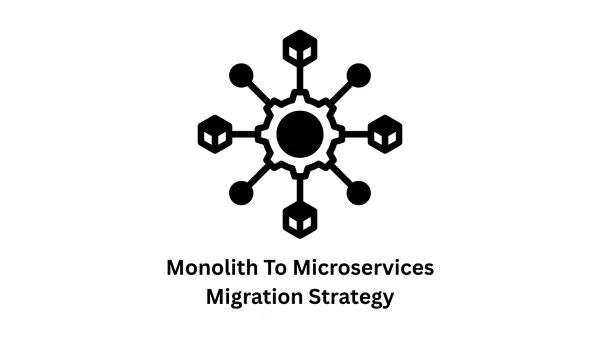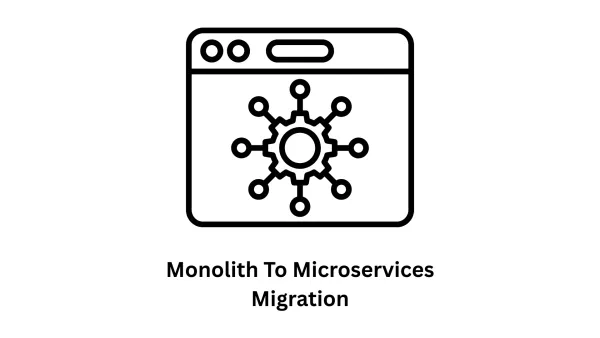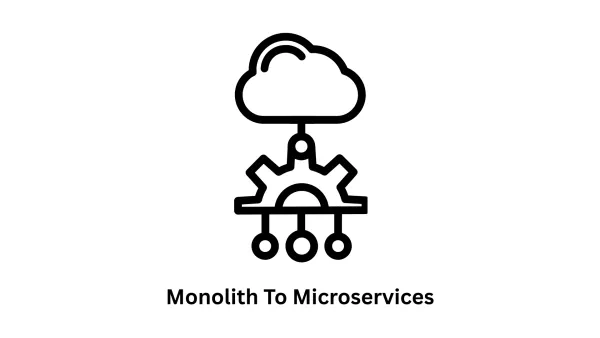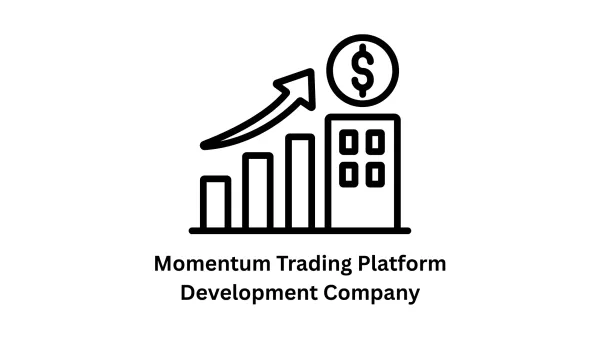Future-Proof Your Laravel Applications: A Guide to Staying Ahead

Laravel's popularity as a PHP framework is undeniable. However, the digital landscape is constantly evolving. To create a Laravel application that remains relevant and competitive, you need to adopt a future-focused mindset. In this blog post, we'll delve into key strategies for building a Laravel app that's not only up-to-date but also ready to meet the demands of tomorrow.
Key Strategies for Future-Proofing Your Laravel Application
- Embrace the Latest Laravel Versions:
- Laravel releases new versions regularly, introducing performance enhancements, security patches, and new features. Always aim to upgrade your application to the most recent stable version.
- Utilize Laravel's upgrade guide to streamline the process and minimize disruptions.
- Prioritize Code Quality and Testing:
- Follow SOLID Principles: Adhere to object-oriented design principles to create modular, maintainable code.
- Write Comprehensive Tests: Implement unit, feature, and integration tests to catch bugs early and ensure your app's stability as it grows.
- Use Static Analysis Tools: Employ tools like PHPStan or Psalm to automatically identify potential issues in your codebase.
- Optimize Performance:
- Caching: Leverage Laravel's caching mechanisms (e.g., route caching, view caching) to improve response times.
- Eager Loading: Use eager loading to minimize database queries and optimize relationships in your models.
- Queueing: Offload time-consuming tasks to queues to enhance the user experience.
- Scalability in Mind:
- Microservices Architecture: If appropriate for your application's complexity, consider a microservices approach to break down your app into smaller, independent services.
- Cloud Infrastructure: Explore cloud platforms like AWS, Azure, or Google Cloud for scalability and flexibility.
- Stay Informed About Emerging Trends:
- Front-End Technologies: Keep abreast of the latest JavaScript frameworks (e.g., Vue.js, React) and CSS methodologies to create engaging user interfaces.
- API Design: Learn best practices for designing RESTful or GraphQL APIs to integrate your Laravel app with other services or mobile clients.
- Serverless Computing: Evaluate if serverless architectures like AWS Lambda or Google Cloud Functions could benefit specific parts of your application.
Choosing the Right Partner: Associative
If you're looking for expert assistance in Laravel development, website development, web applications, e-commerce solutions, SEO, digital marketing, or blockchain development, App Development , Ecommerce App Development, Mobile App Development, Food delivery Mobile App Development, iOS App Design, LMS App Development, Multivendor Ecommerce consider partnering with Associative. We are a Laravel development service provider with a proven track record of delivering high-quality, future-ready applications.
Conclusion
Building a future-proof Laravel app requires a proactive approach, a commitment to code quality, and a willingness to adapt to emerging technologies. By following the strategies outlined in this guide, you can ensure that your Laravel application thrives in the ever-changing digital landscape.
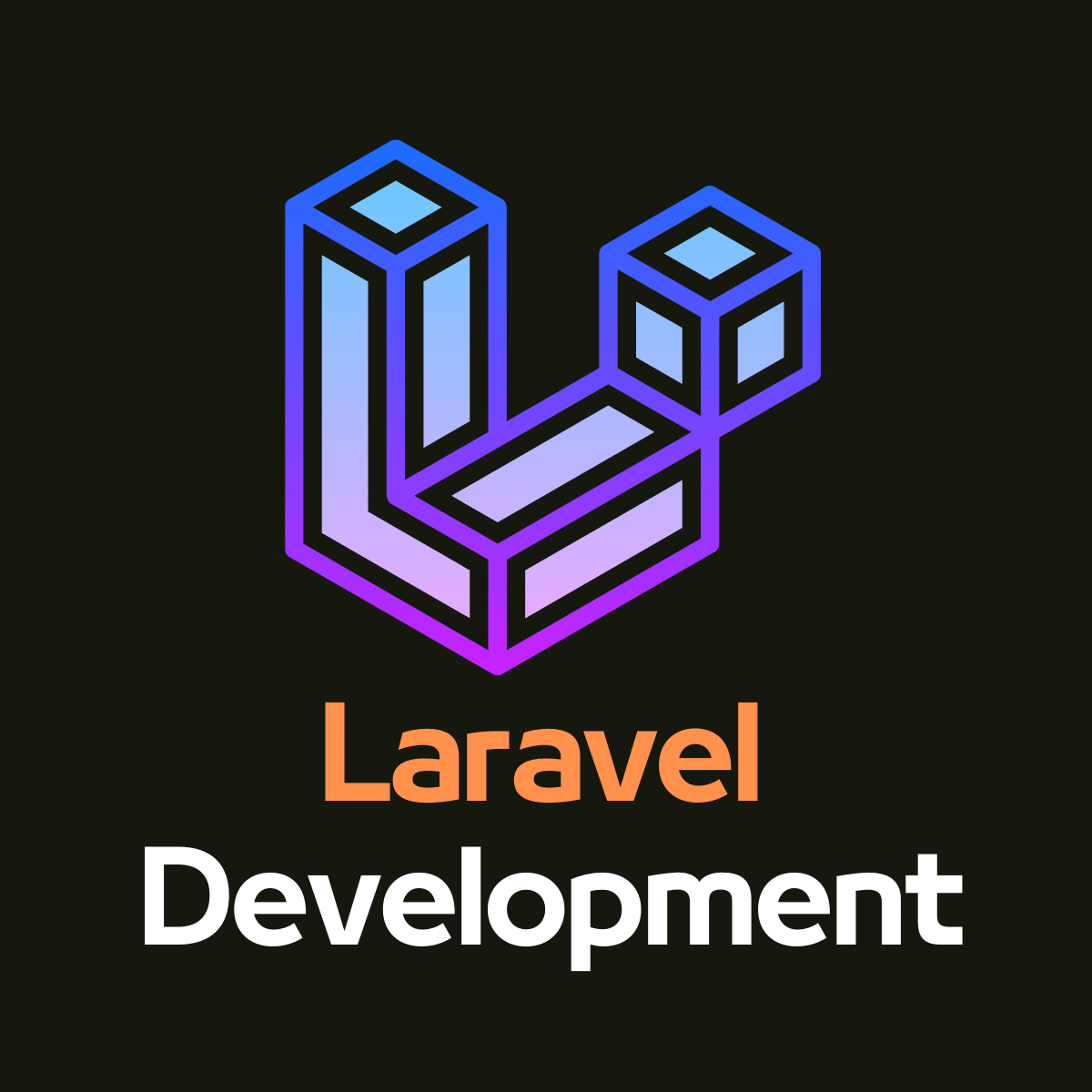
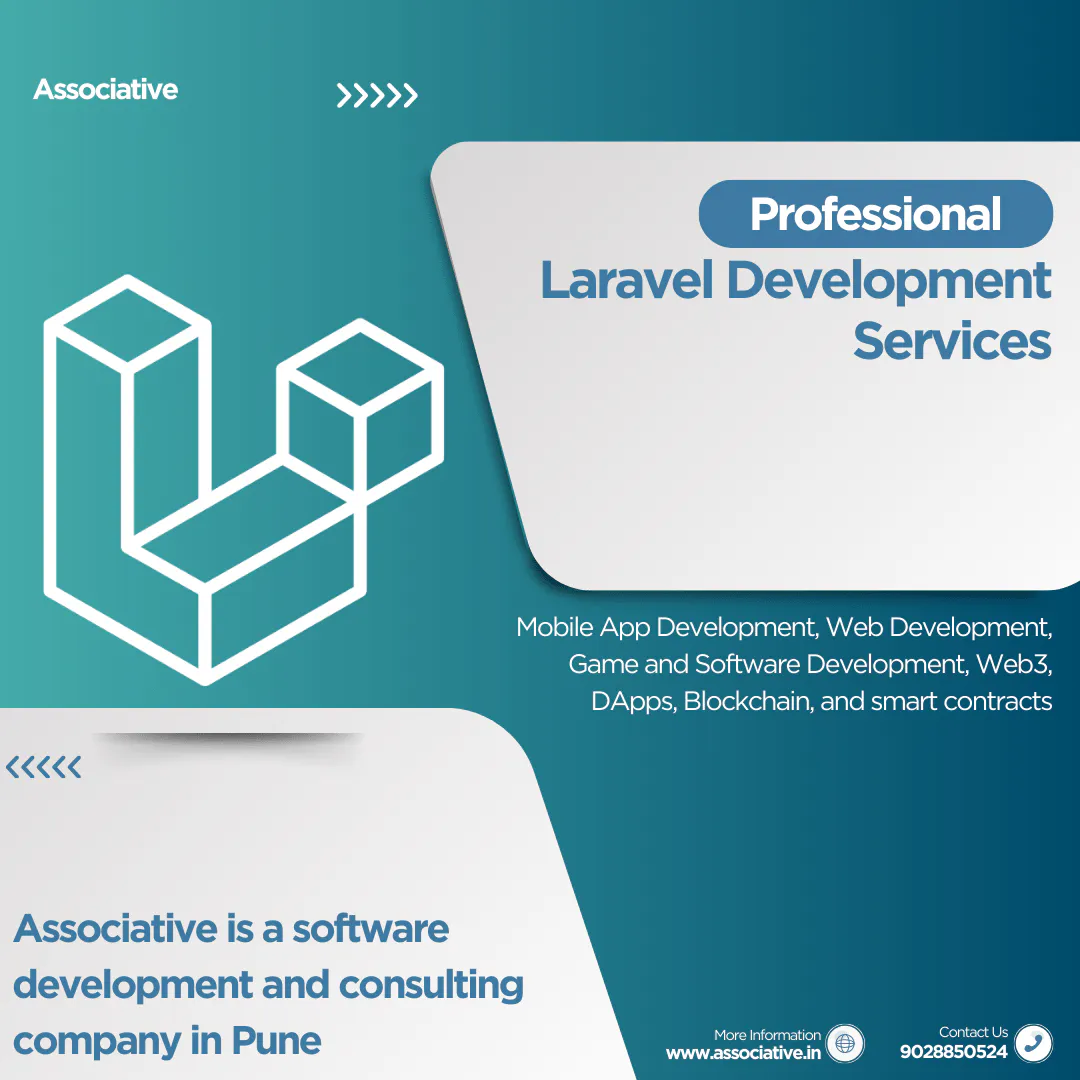
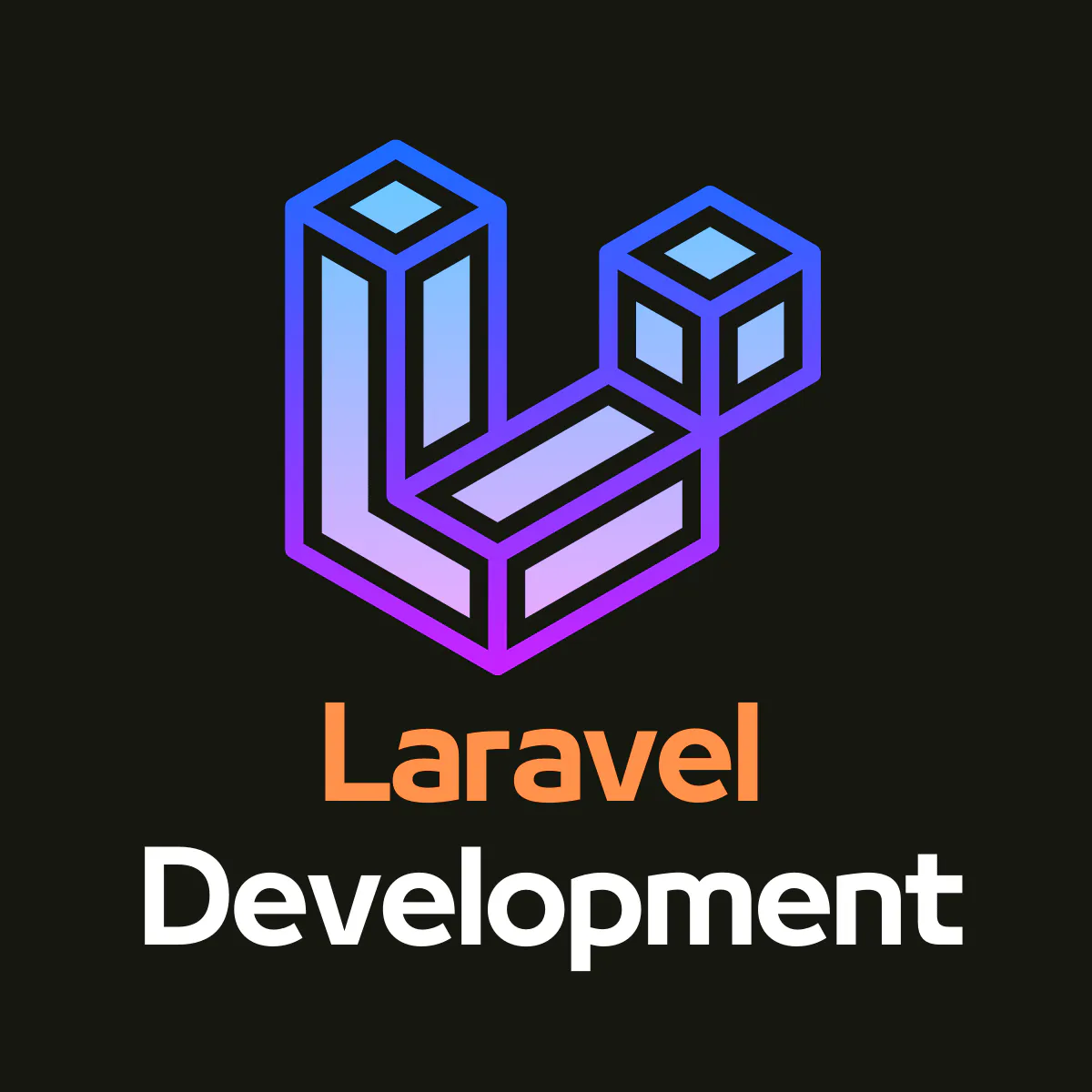
To learn more, consider reading other articles, blogs, and stories in this area.
